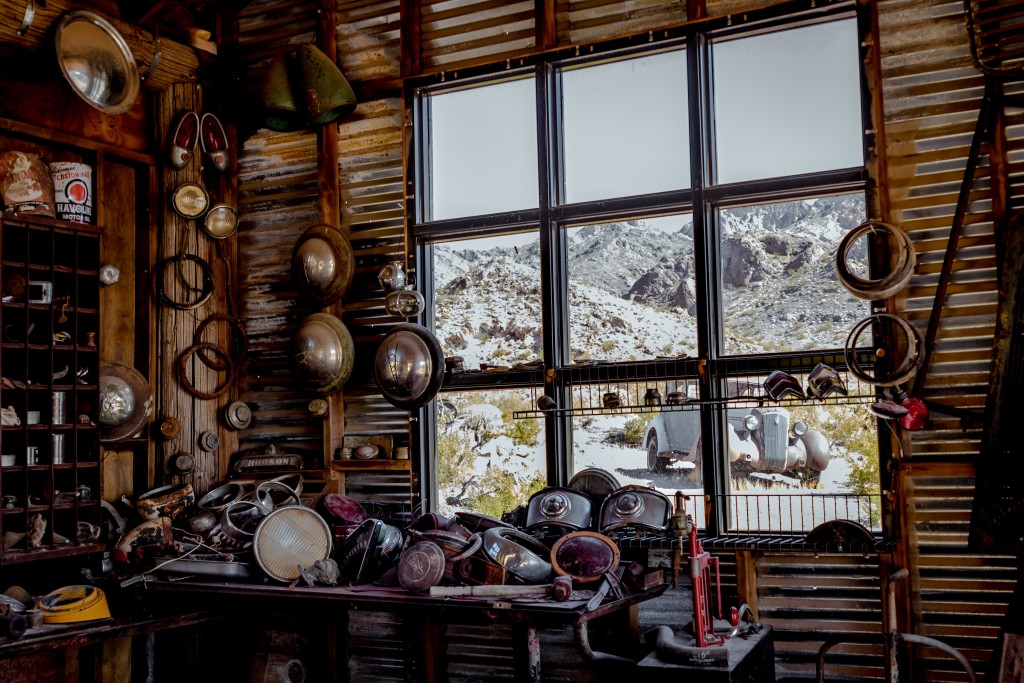Hoarding may seem to some as a strange affliction which affects a neighbour down the road, or an eccentric local character. But, hoarding can cause severe structural damage to a house and can bring unwanted smells, pests, and other dangers to the home of a hoarder and their neighbours. Aside from the physical damage hoarding can cause, it can also be a mentally distressing situation for the hoarder. But, what makes people hoard?
What Is Hoarding?
Hoarding condition is the desperate need to collect, hold on to, and store possessions no matter what their value. Hoarders can focus on collecting certain items, but in other cases anything and everything could be useful at some point, leading hoarders to gather thousands of items in their homes and gardens. Severe hoarding can result in unsanitary living conditions and piles of things blocking walkways, rooms and entrances. The thought of a hoarder parting with these items can be extremely distressing.
How Is Hoarding Dangerous?
Severe hoarding can cause a safety issue, not only to the hoarder but those that have to live nearby. The structure of the home can become at risk if it is not maintained. Plumbing, electrical and water can be shut off, and this can also affect nearby properties. A garden full of junk collected over time can create a home for rats, mice, snakes and other pests, not to mention it being an ugly eyesore, even affecting house prices. The hoarder can also suffer severe sickness if the home is not cleaned properly and is left unsanitary. If hoarding is left to get out of control, it can also distress and affect the mental health of the hoarder as they begin to feel ostracised, embarrassed and isolated.
How To Deal With A Hoarder
Hoarding is not something people choose to do; often there is an underlying mental health issue and so professional advice should be sought before addressing a severe hoarder directly. If the hoarder is starting to escalate, there are a few tips and tricks to stop it getting out of control.
No judgement. The hoarder will most likely be embarrassed and in a state of distress talking about the issue, so when you speak to them, make them feel supported. Often, hoarders are alone with no spouse or family to help them. If you start the conversation in attack mode, it will only end badly.
Try and get the hoarder to visit a mental health professional who can seek to understand the triggers and work towards a cleanup and declutter. If you are not close to the individual or are a neighbour dealing with the consequences, contact your local council and fire department who can visit the home and assess, and if deemed necessary issue notices of clean up.

If you have a relationship with the hoarder, help them to do a clean-up. Explain that they may lose their home through eviction, or end up in the hospital due to sickness. Most hoarders have mixed emotions, and although hoarders don’t quite know how to stop, the thought of a cleanup can be overwhelming. Give a firm timeline to sort through what can be kept and what needs to go. Giving a percentage, say 25% of items that can be kept, with the rest heading to the dump, can give structure to the cleanup and give some control to the sufferer. You can also enlist local rubbish removers who can help you to clear gardens and homes of rubbish, and they can make sure anything that can be recycled and reused will be shipped off to the right locations.





